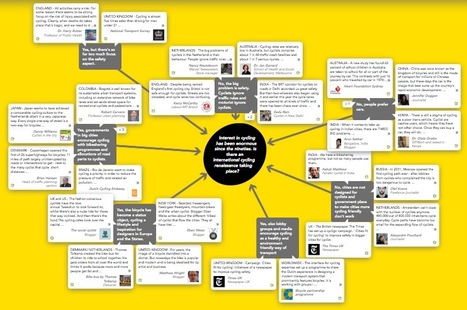Research and publish the best content.
Get Started for FREE
Sign up with Facebook Sign up with X
I don't have a Facebook or a X account
Already have an account: Login
 Your new post is loading... Your new post is loading...
 Your new post is loading... Your new post is loading...
|

Beth Kanter's comment,
November 28, 2011 3:20 PM
I just rescooped this article because I found it in another source, but here I look further into your collection and find it. I'm curating on the topic information overload and coping skills. I believe that curation can help you pay attention. I experienced this myself .. I was a conference. Many people were tweeting. I was tracking it with storify - doing content curation in real time with twitter versus tweeting helped me pay attention, quickly put together a coherrent record of what happened and make it unstandable to people not in the room.

janlgordon's comment,
November 28, 2011 3:59 PM
@BethKanter
I have covered a few conferences in real-time and it definitely makes you pay attention on more than one level. Being able to put it in a cohesive manner helping people understand what's happening is an art in itself and something you do very well.
Carla Chapman's curator insight,
October 1, 2014 4:49 PM
Are there unintended consequences for compulsively tweeting? Read on.... |













This is an excellent tool.
Uso de mapas mentales en la curación de contenidos.